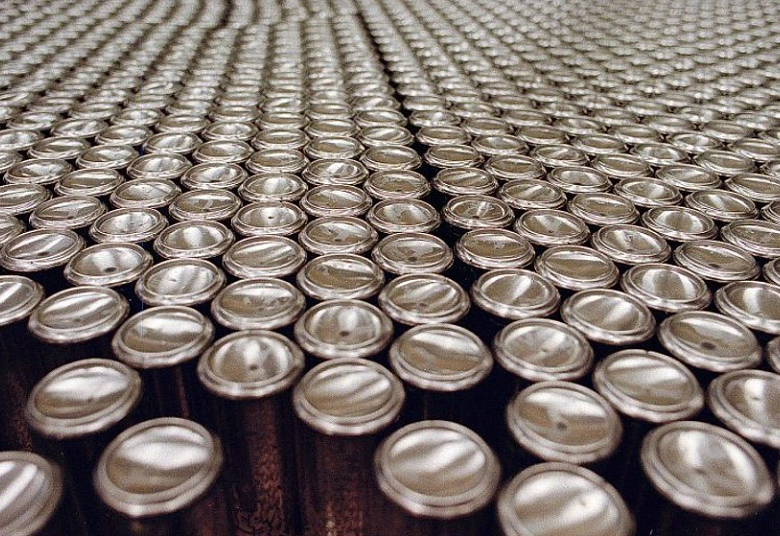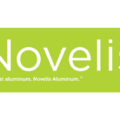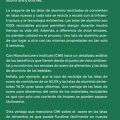Aluminum cans offer several advantages, including compatibility with a wide range of products. Here are some key points about aluminum cans:
- Aluminum cans are commonly used for food and beverages. They are suitable for both shallow-drawing and deep-drawing cans, which can be used for various food products such as fish, fruits, vegetables and ready-to-drink beverages.
- Aluminum cans have a high thermal conductivity, which allows them to cool more quickly than glass or plastic containers. This means that less energy is required for refrigeration, and consumers can enjoy ice-cold refreshments more quickly.
- Aluminum cans are environmentally friendly as they can be easily recycled. Used cans can be converted into new cans or products of similar value, with much lower energy consumption than that required to produce primary metal from raw materials. Recycling aluminum cans also helps reduce carbon emissions.
- Aluminum cans provide an airtight barrier that protects the contents from sunlight and oxygen. This helps maintain the quality and shelf life of the products they contain.
However, it is essential to consider the specific product to be packaged in aluminum cans, as some products may require additional coatings or treatments to ensure compatibility and avoid possible reactions with aluminum. Always consult with the can manufacturer and follow their guidelines for best results.













